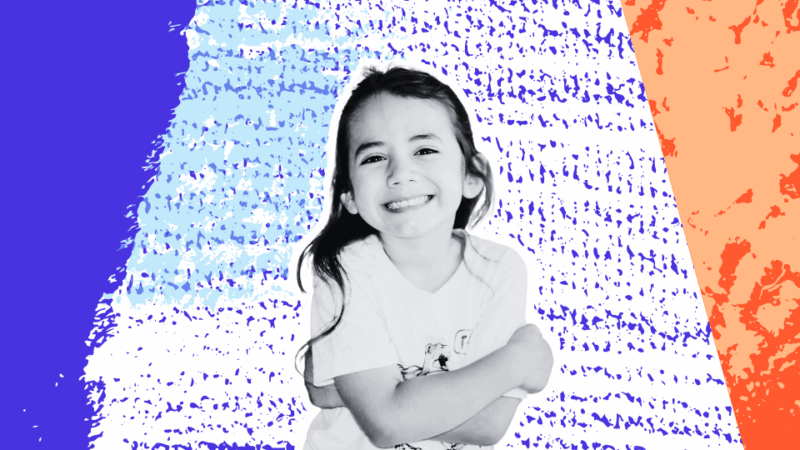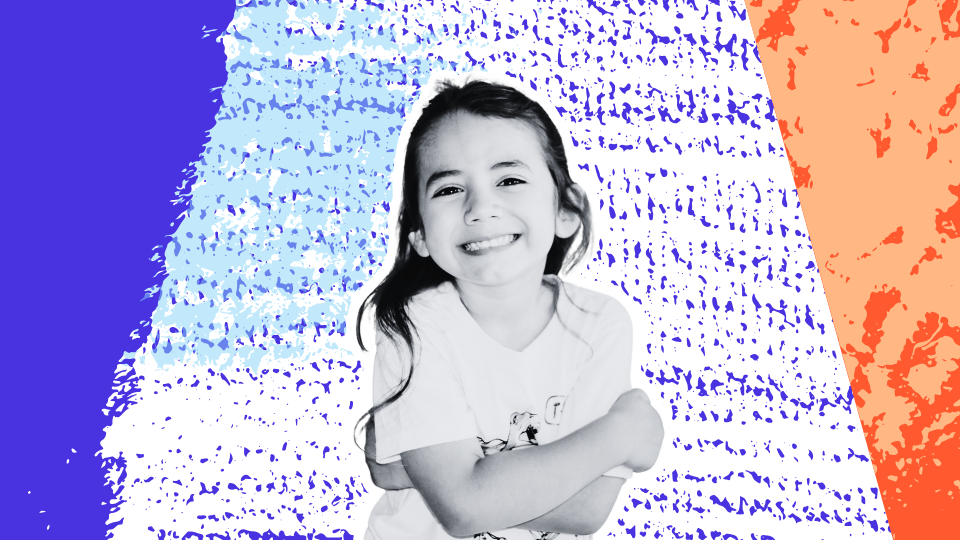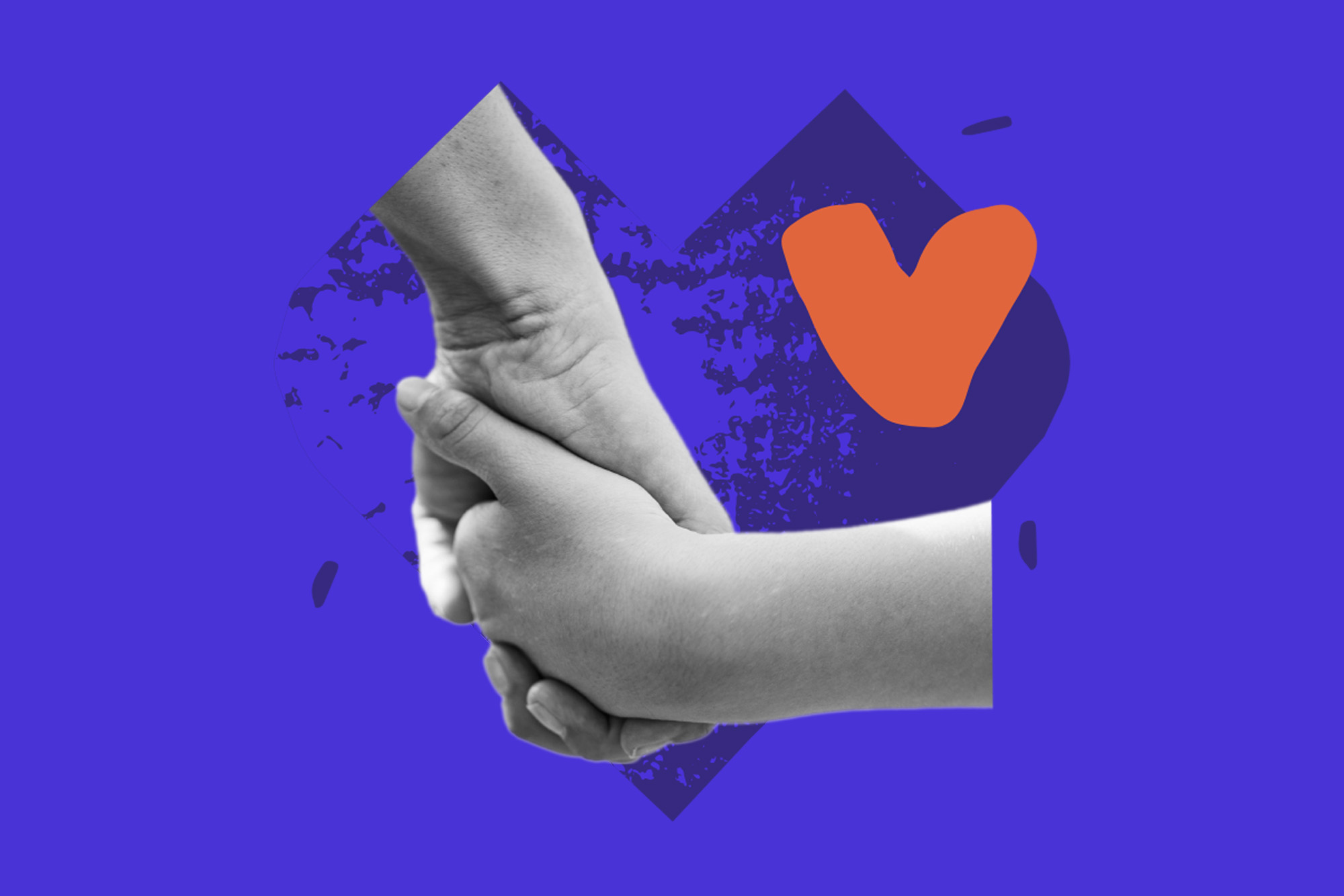What to Say When Someone Calls Your Child “Fat”
Published May 20, 2025 | Last Updated July 7, 2025

It can feel uncertain when your child tells you someone called them “fat.” Before rushing in to fix it, take a breath. This is your chance to help your child build confidence, resilience, and a healthy relationship with their body.
Here’s advice from WithAll Executive Director Lisa Radzak and Kelsey A. Varzeas, PhD, LMHC, CMPC on how to meet the moment with clarity and care, including questions and sample responses to help you navigate the conversation with confidence.

Do not rush to tell them that they are not fat
When we tell a child in a larger body that they are “not fat,” we are telling them that we don’t see them exactly as they are. Children in larger bodies need to know that they are loved, respected, and safe in their bodies.
Start with curiosity
“What did you think or feel when they said that?”
Let your child talk about how they felt and what the comment meant to them.
Children, especially those in larger bodies, need to have their experiences listened to and validated. If we rush to tell kids how much they matter or try to correct their experiences, we disregard their experiences of anti-fat bias.
What is anti-fat bias? Anti-fat bias involves both implicit and explicit biases that associate fatness with negative traits such as laziness, lack of self-discipline, or poor health.
Affirm their body
“Your body is exactly right. Every body is different and no body is better than any other body. Bodies come in all shapes and sizes—and they’re all good. Your body is never the problem.”
This phrase might feel wrong or uncomfortable to some of us because of the messages we grew up with about bodies, health, and weight. Diet culture and anti-fat bias have taught us to tie our worth to how we look, but we know better now: health isn’t a measure of value, and weight or body size isn’t always a measure of health.
It’s important for kids to value and trust their bodies because when they do, they’re more likely to take care of them and have better health outcomes and quality of life, regardless of their size. This is the one body they will have for the rest of their lives. Let’s help them appreciate and care for it well.
Name what’s happening
“It sounds like they were trying to give you a label…like name-calling. It sounds like they were trying to make it seem like something about your appearance is a bad thing.
I’ve learned that labeling others is how some people deal with feeling insecure or not ok about themselves. Sometimes they do it to get the focus off of them onto someone else, even if what they say isn’t true. It gives a sense of feeling “in control,” even if it’s fake.
This is all THEIR issue, and not yours to solve. It’s not about you—it’s about them.”
Offer support and validate their experiences
“You don’t have to believe what they said. And you don’t have to deal with it alone.”
“It doesn’t feel good to be called out with what feels like someone trying to be mean. No one wants everyone looking at them with a mean idea floating their way.”
This article was reviewed by Kelsey A. Varzeas, PhD, LMHC, CMPC from our Expert Advisory Panel.
Not sure how to handle “fat talk” or body comments from kids?
Download our free Body Comments Guide — a practical resource with simple phrases and tips to support kids’ body confidence and self-worth.

